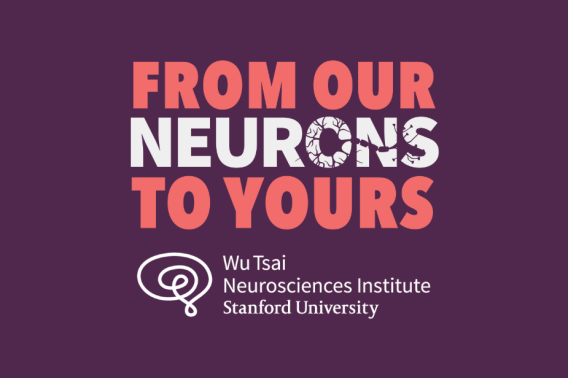Image

Robert Malenka
Nancy Friend Pritzker Professor of Psychiatry and Behavioral Sciences
Affiliation:
Committee:
Dr. Robert C. Malenka is the Pritzker Professor of Psychiatry and Behavioral Sciences, Director of the Nancy Pritzker Laboratory and Deputy Director of the Wu Tsai Neurosciences Institute. After graduating from Harvard College he received an M.D. and a Ph.D. in neuroscience in 1983 from Stanford University School of Medicine. Over the ensuing 6 years he completed residency training in psychiatry at Stanford and 4 years of postdoctoral research at the University of California, San Francisco (UCSF). In 1989, he was appointed Assistant Professor of Psychiatry and Physiology at UCSF, at which he reached the rank of Full Professor in 1996. In addition to running an active research program at UCSF he was the Director of the Center for the Neurobiology of Addiction and Associate Director of the Center for Neurobiology and Psychiatry. He returned to the Stanford University School of Medicine in 1999.
He is an elected member of the National Academy of Sciences and the National Academy of Medicine as well as an elected fellow of the American Academy of Arts and Sciences, the American Association for the Advancement of Science, and the American College of Neuropsychopharmacology. He has served on the National Advisory Council on Drug Abuse and as a Councilor for the Society for Neuroscience and the American College of Neuropsychopharmacology. He is on the scientific advisory boards of numerous non-profit foundations and biotechs. He has been the recipient of several awards including: the Society for Neuroscience Young Investigator Award (1993); the Daniel Efron Award from the American College of Neuropsychopharmacolgoy (1998); the Kemali Foundation International Prize in Neuroscience (2000); the CINP-Lilly Neuroscience Basic Research Award (2002), the Perl/UNC Neuroscience Prize (2006), the NARSAD Goldman-Rakic Prize for Outstanding Neuroscience Research (2010), the Pasarow Foundation Award for Extraordinary Accomplishment in Neuropsychiatry Research (2011), and the Society for Neuroscience Julius Axelrod Prize (2016). His laboratory continues to conduct research on the molecular mechanisms of neural communication as well as the role of circuit dysfunction in brain disorders including addiction, Alzheimer’s, autism, and depression.
He is an elected member of the National Academy of Sciences and the National Academy of Medicine as well as an elected fellow of the American Academy of Arts and Sciences, the American Association for the Advancement of Science, and the American College of Neuropsychopharmacology. He has served on the National Advisory Council on Drug Abuse and as a Councilor for the Society for Neuroscience and the American College of Neuropsychopharmacology. He is on the scientific advisory boards of numerous non-profit foundations and biotechs. He has been the recipient of several awards including: the Society for Neuroscience Young Investigator Award (1993); the Daniel Efron Award from the American College of Neuropsychopharmacolgoy (1998); the Kemali Foundation International Prize in Neuroscience (2000); the CINP-Lilly Neuroscience Basic Research Award (2002), the Perl/UNC Neuroscience Prize (2006), the NARSAD Goldman-Rakic Prize for Outstanding Neuroscience Research (2010), the Pasarow Foundation Award for Extraordinary Accomplishment in Neuropsychiatry Research (2011), and the Society for Neuroscience Julius Axelrod Prize (2016). His laboratory continues to conduct research on the molecular mechanisms of neural communication as well as the role of circuit dysfunction in brain disorders including addiction, Alzheimer’s, autism, and depression.



